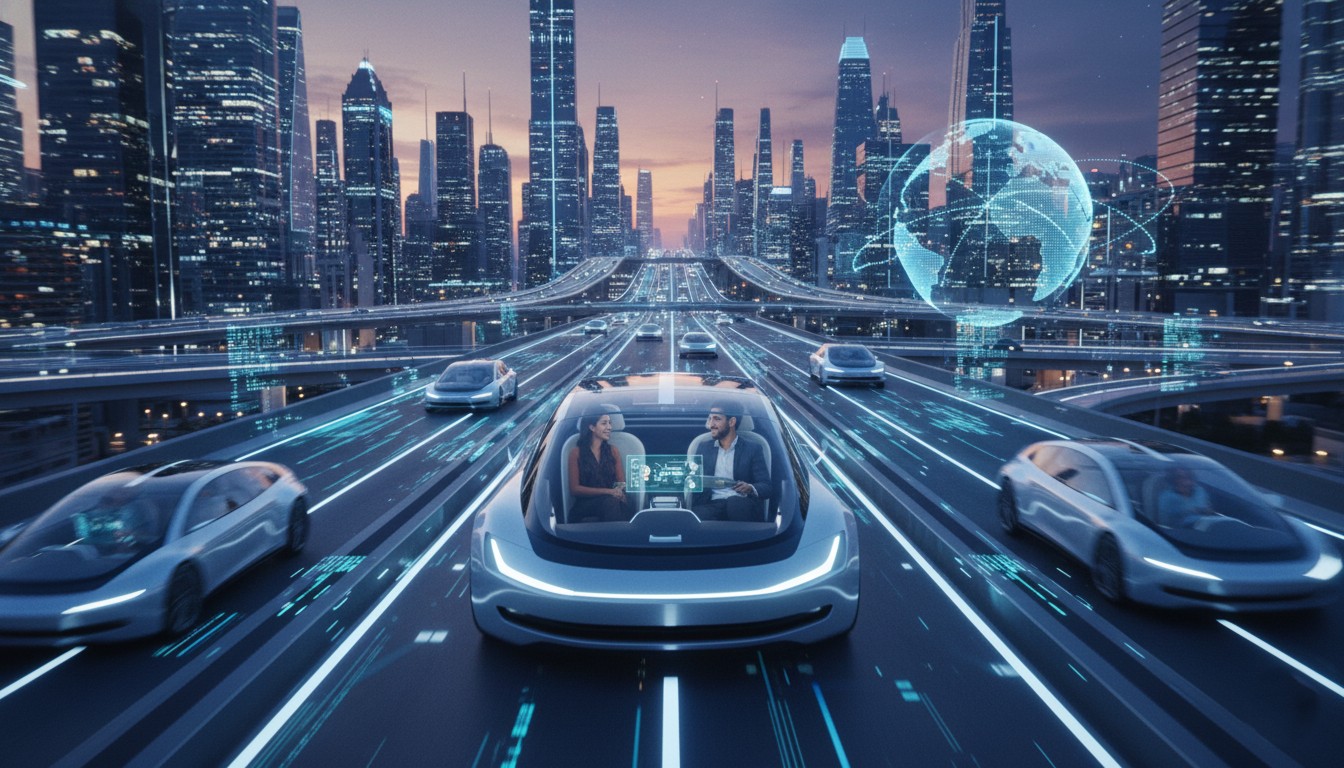The Future of AI Agents: Transforming Our Digital Interactions
In today’s rapidly evolving digital landscape, AI agents are at the forefront of technological advancement. These intelligent systems are poised to revolutionize how we interact with digital environments, paving the way for a future where seamless and intuitive interactions become the norm. In this blog post, we’ll delve into the transformative role that future AI agents will play, particularly as integrated within tools like ChatGPT Atlas, while examining broader implications for users in terms of privacy, usability, and the overall digital experience.
AI has come a long way since its inception, with agent technology representing one of the most significant advancements in AI applications. The introduction of systems like ChatGPT Atlas underscores the ongoing innovations in this field. ChatGPT Atlas, a Chromium-based browser developed by OpenAI, exemplifies cutting-edge AI integration by offering enhanced navigation, search, and task execution capabilities. This technology allows users to interact with digital content more intelligently, much like having a personal assistant at their fingertips (source: MarkTechPost).
The evolution of AI agents can be likened to the transformation seen from early mobile phones to today’s smartphones. What was once simply a communication device has become an indispensable tool for managing our daily lives — precisely what AI agents are set to do with our digital interactions.
Trends in AI Technology
Several key trends are driving AI innovation today. User demand for enhanced privacy is at the forefront, as concerns about data security grow amid increasing online engagement. ChatGPT Atlas addresses this issue by emphasizing privacy; it keeps user data separate from browsing data unless explicit consent is given for model training (source: MarkTechPost).
Moreover, there is a rising need for AI systems capable of executing complex tasks efficiently. The agent technology within ChatGPT Atlas embodies this trend, with features like page summarization, data extraction, and intelligent navigation across multiple tabs, which improve user productivity without compromising privacy. This has set a benchmark for what users expect in terms of AI-driven task management within digital applications.
Insights on AI Integration
Integration of future AI agents with everyday technology is not just about automation; it’s about crafting meaningful and engaging user experiences. OpenAI’s approach with ChatGPT Atlas highlights a crucial aspect of future AI designs: prioritizing user privacy and experience. The AI’s ability to operate within controlled boundaries — it cannot download files or access personal data without permission — ensures a user-friendly yet secure environment.
As AI applications become more sophisticated, the seamless integration of AI agents into everyday technology promises not only to enhance productivity but also to simplify digital interactions. This transformation is akin to replacing a manual lever with a smart sensor that intuitively anticipates needs and responds accordingly.
Forecast for Future AI Agents
Looking ahead, future trends in agent technology are likely to include even more sophisticated interaction models, deeper personalization, and cross-platform functionalities that transcend the current digital landscape. These developments will lead to a new frontier in user interaction, where AI agents anticipate and respond to user needs in real-time, enhancing the overall digital experience. Tools like ChatGPT Atlas are just the beginning, setting the stage for a future where AI agents become an integral part of daily digital engagement.
Immersive AI interactions might evolve to resemble virtual companions capable of offering insights, managing tasks across various platforms, and even participating in creative processes, thereby reshaping how humans and machines collaborate.
As the landscape of AI technology continues to evolve, staying informed about advancements is crucial. Exploring tools like ChatGPT Atlas can offer firsthand experience of the potential future AI agents hold. For those eager to ride the wave of innovation, observing this trajectory provides invaluable insight into how AI will redefine our digital interactions and daily workflows. Stay engaged, and embrace the transformative potential of AI — because the future of agent technology has only just begun.
By examining both current trends and future potentials, it’s evident that AI agents will play a pivotal role in our digital future, changing the way we interact with technology and, by extension, each other.






